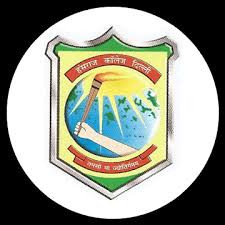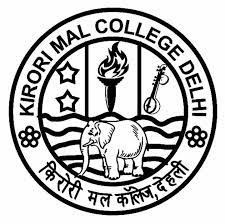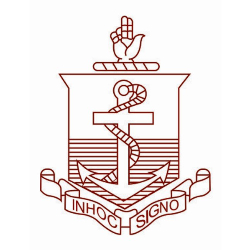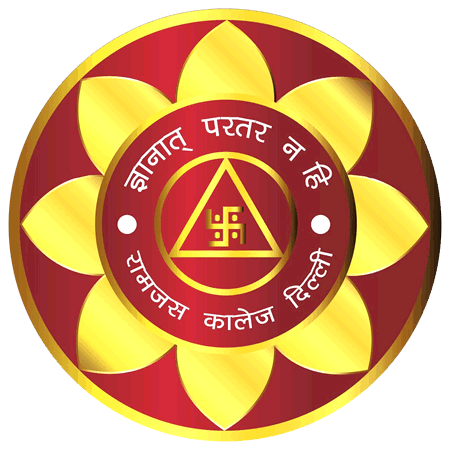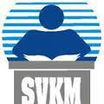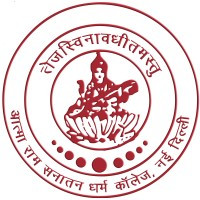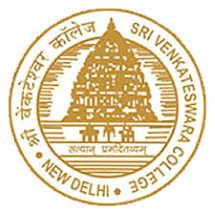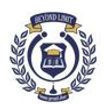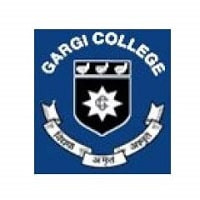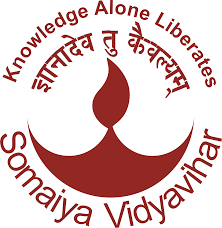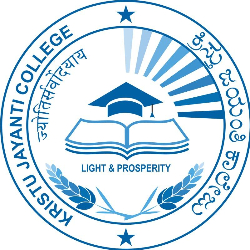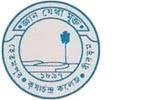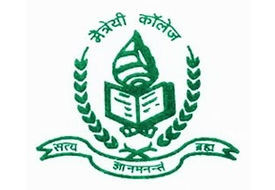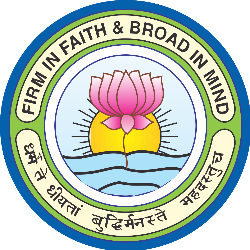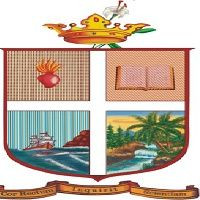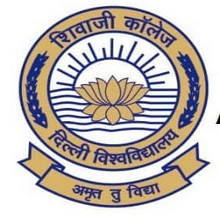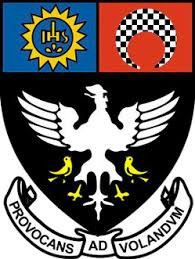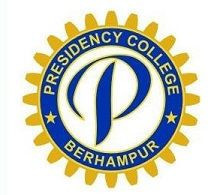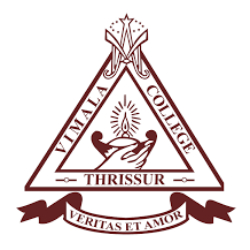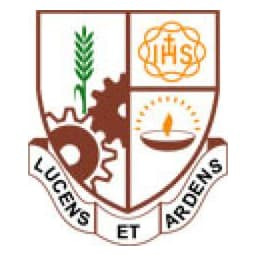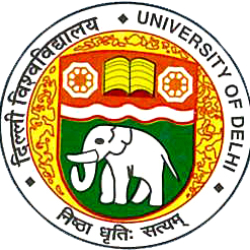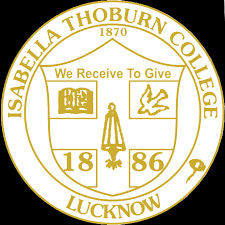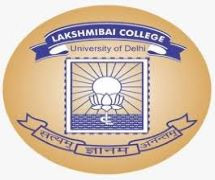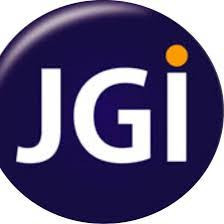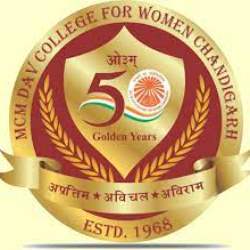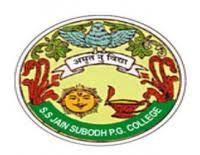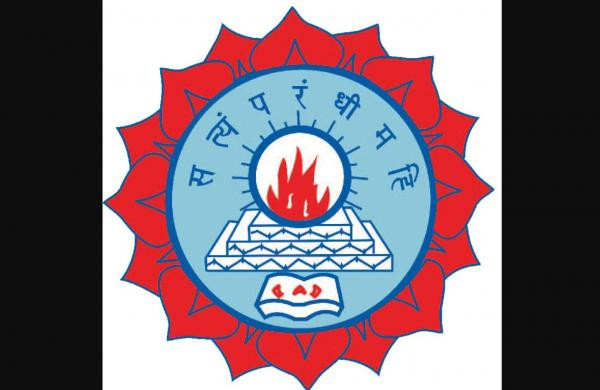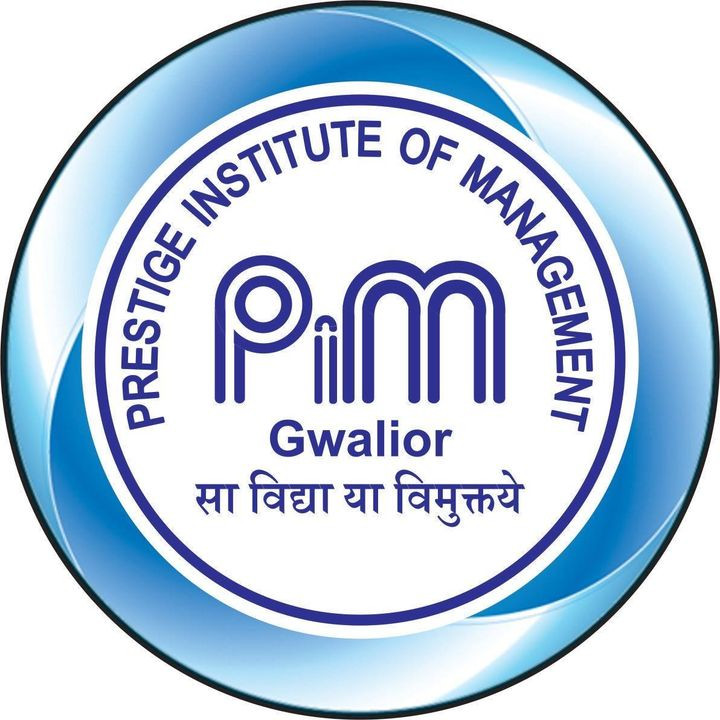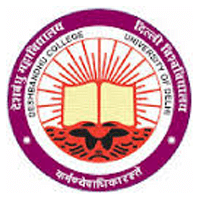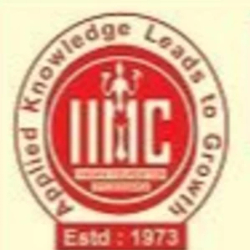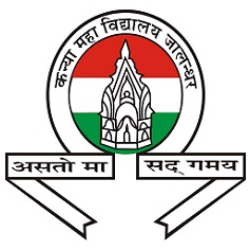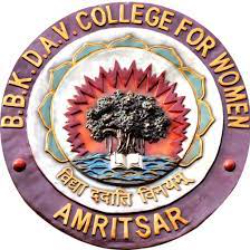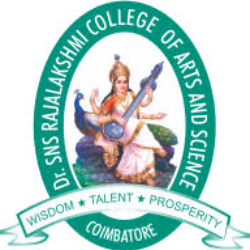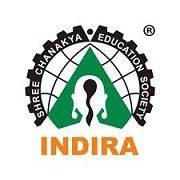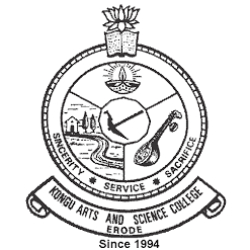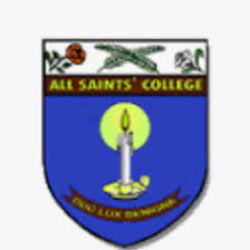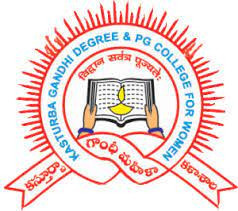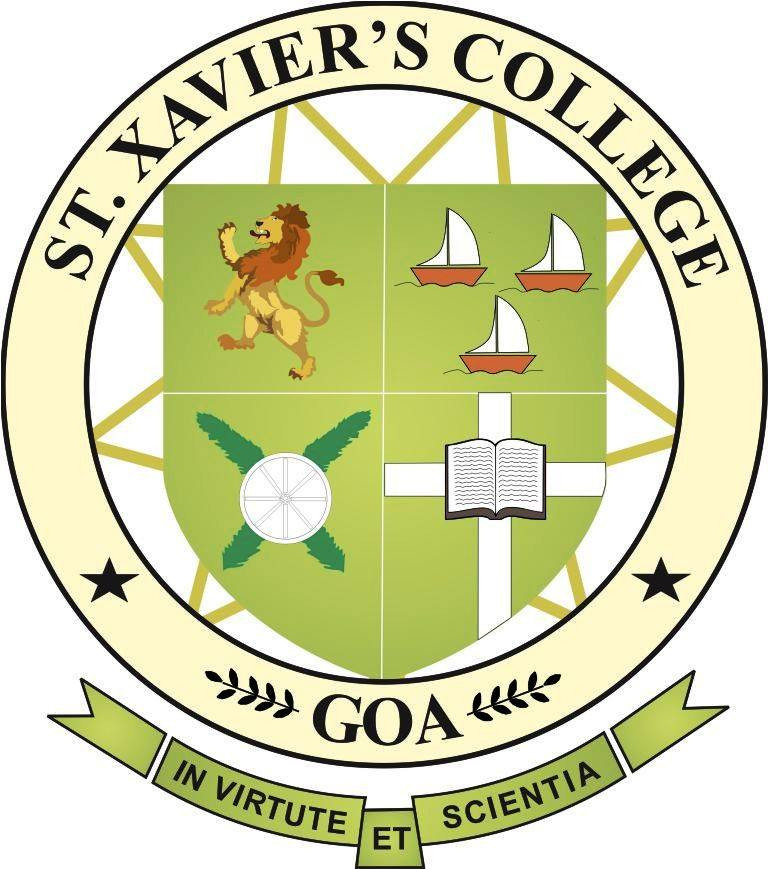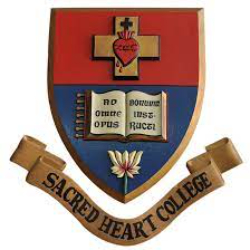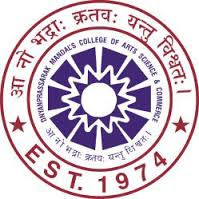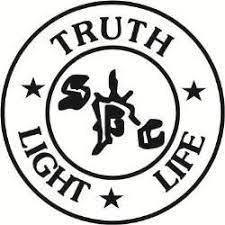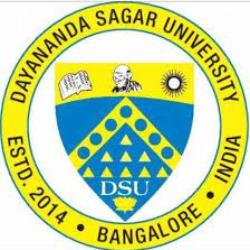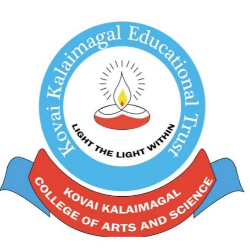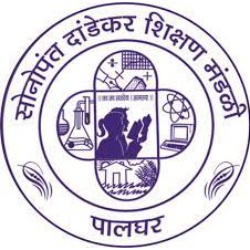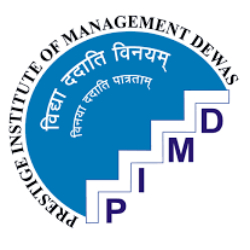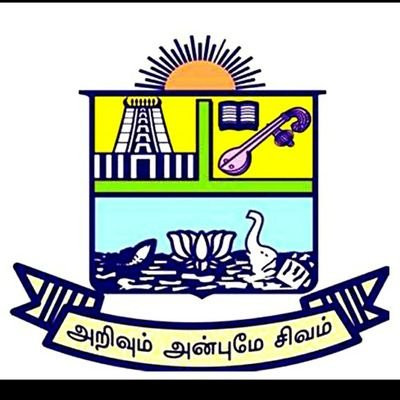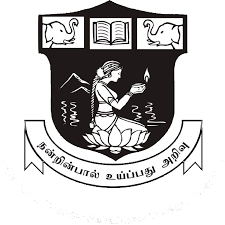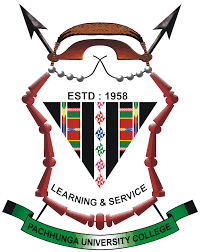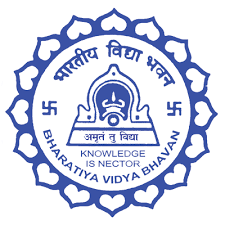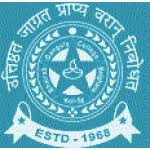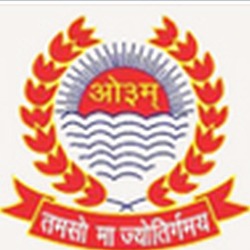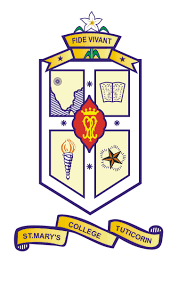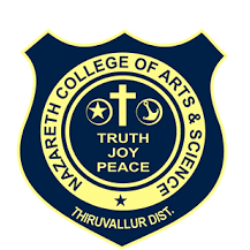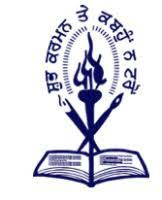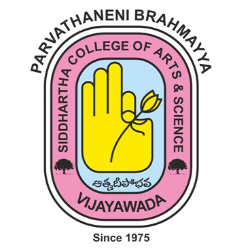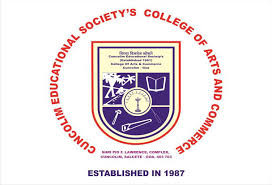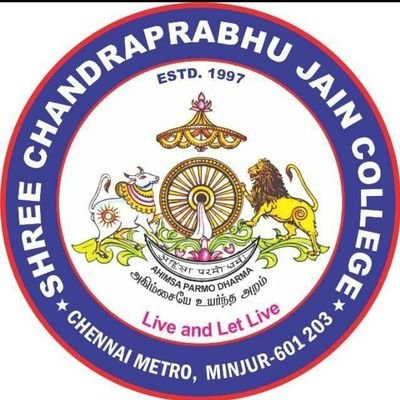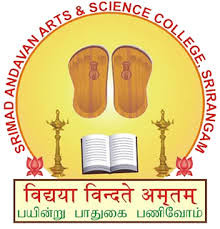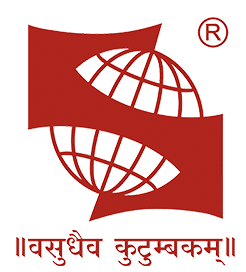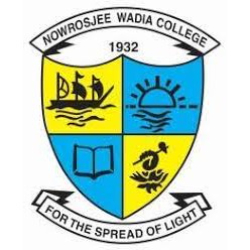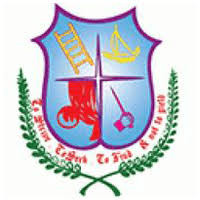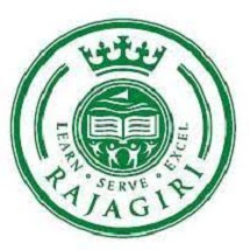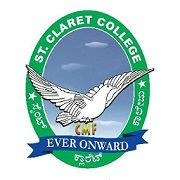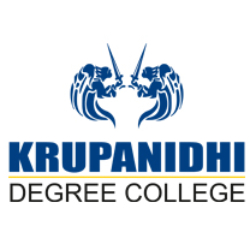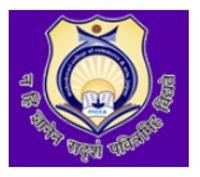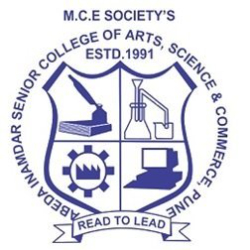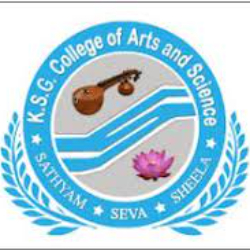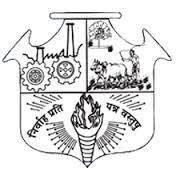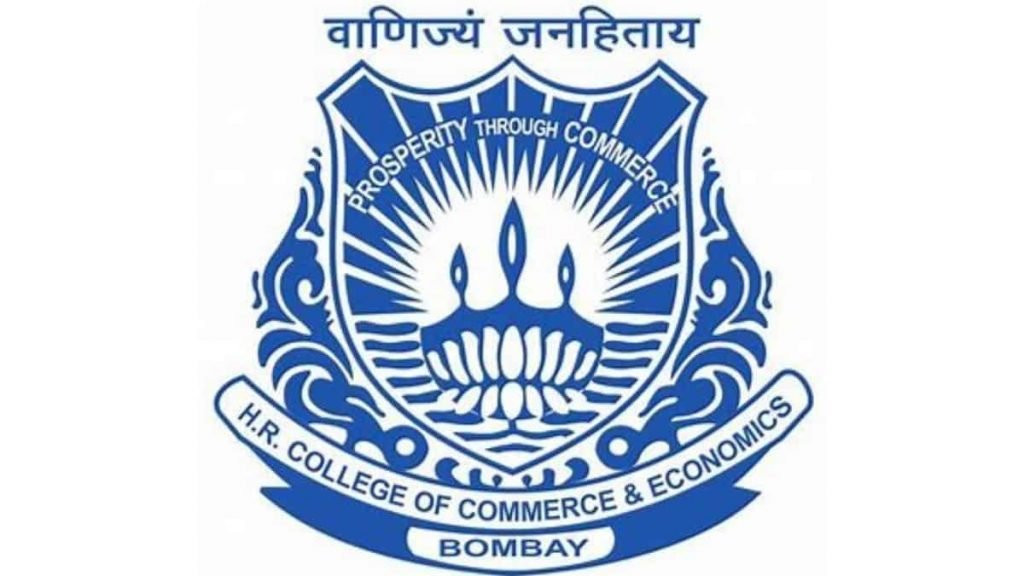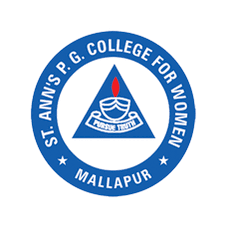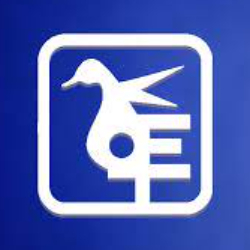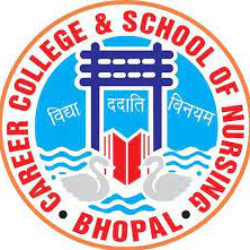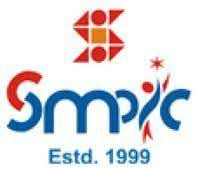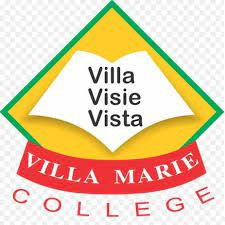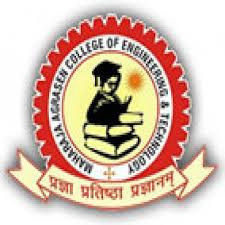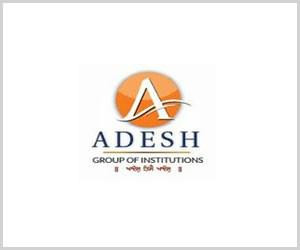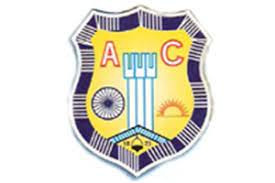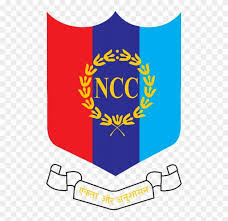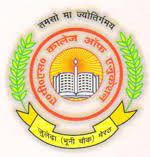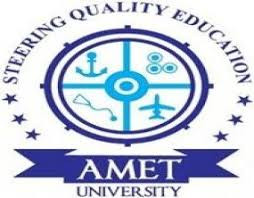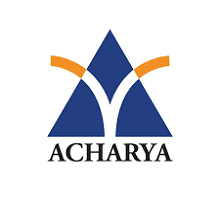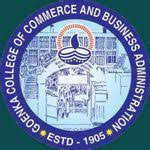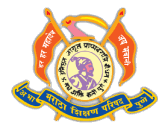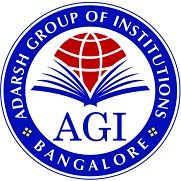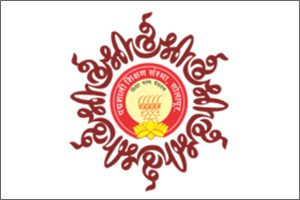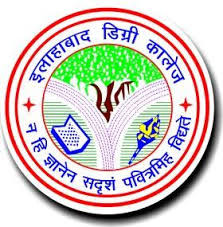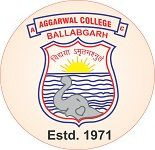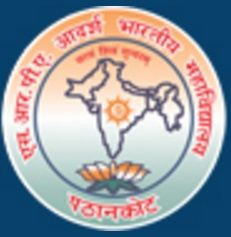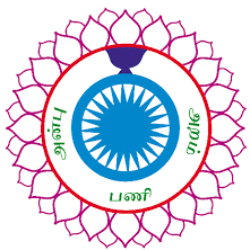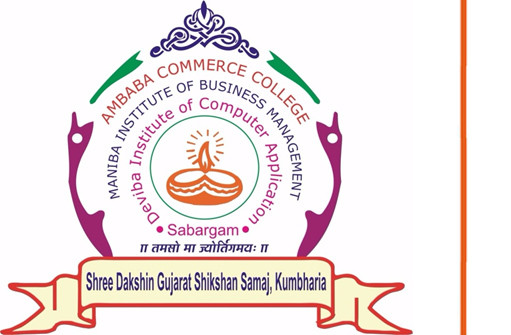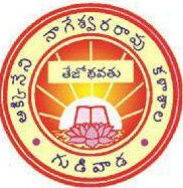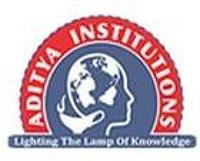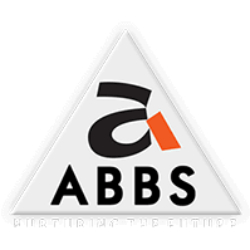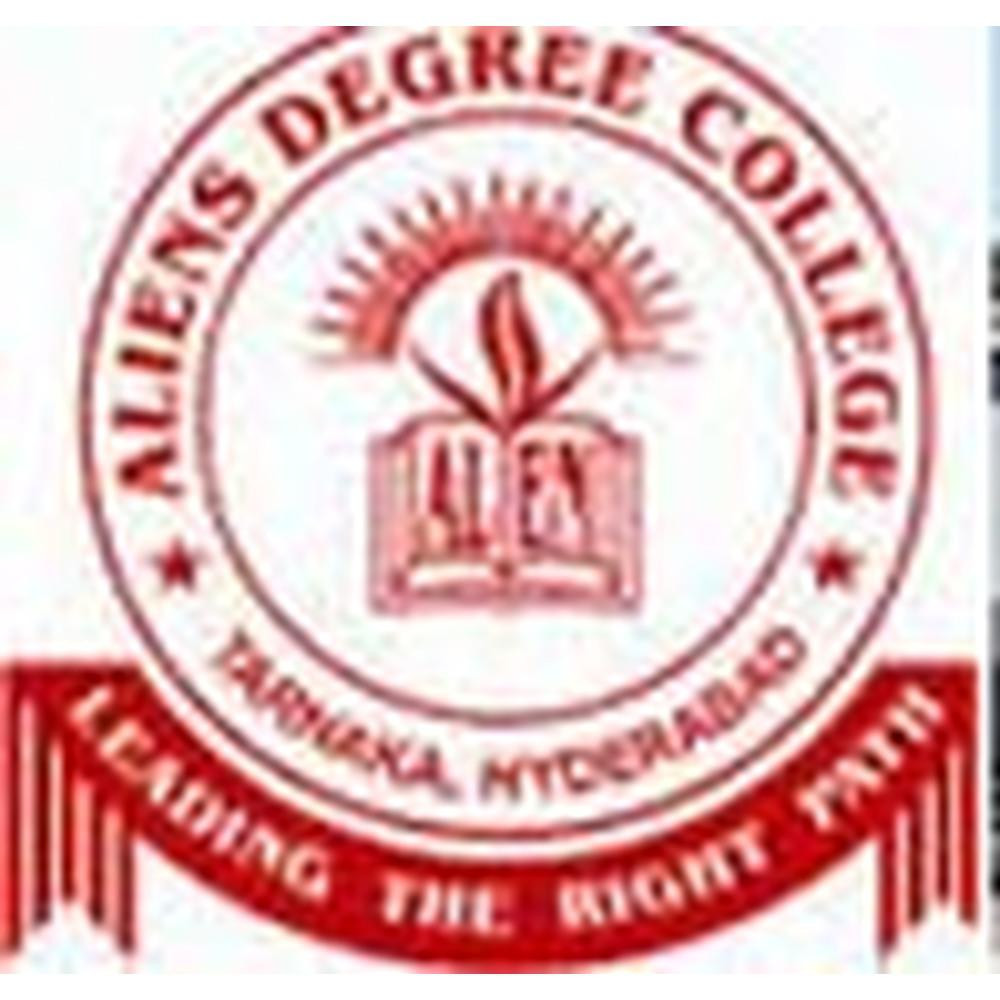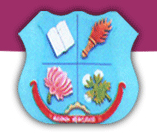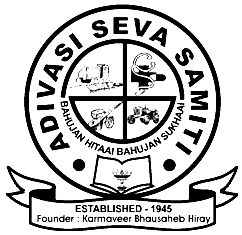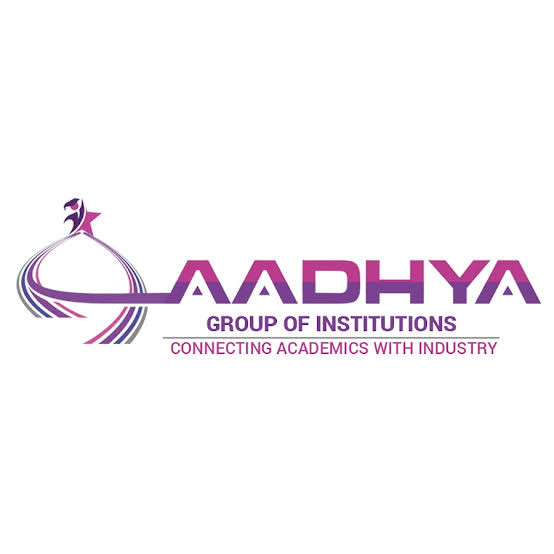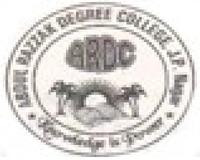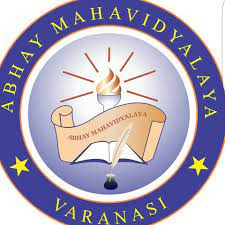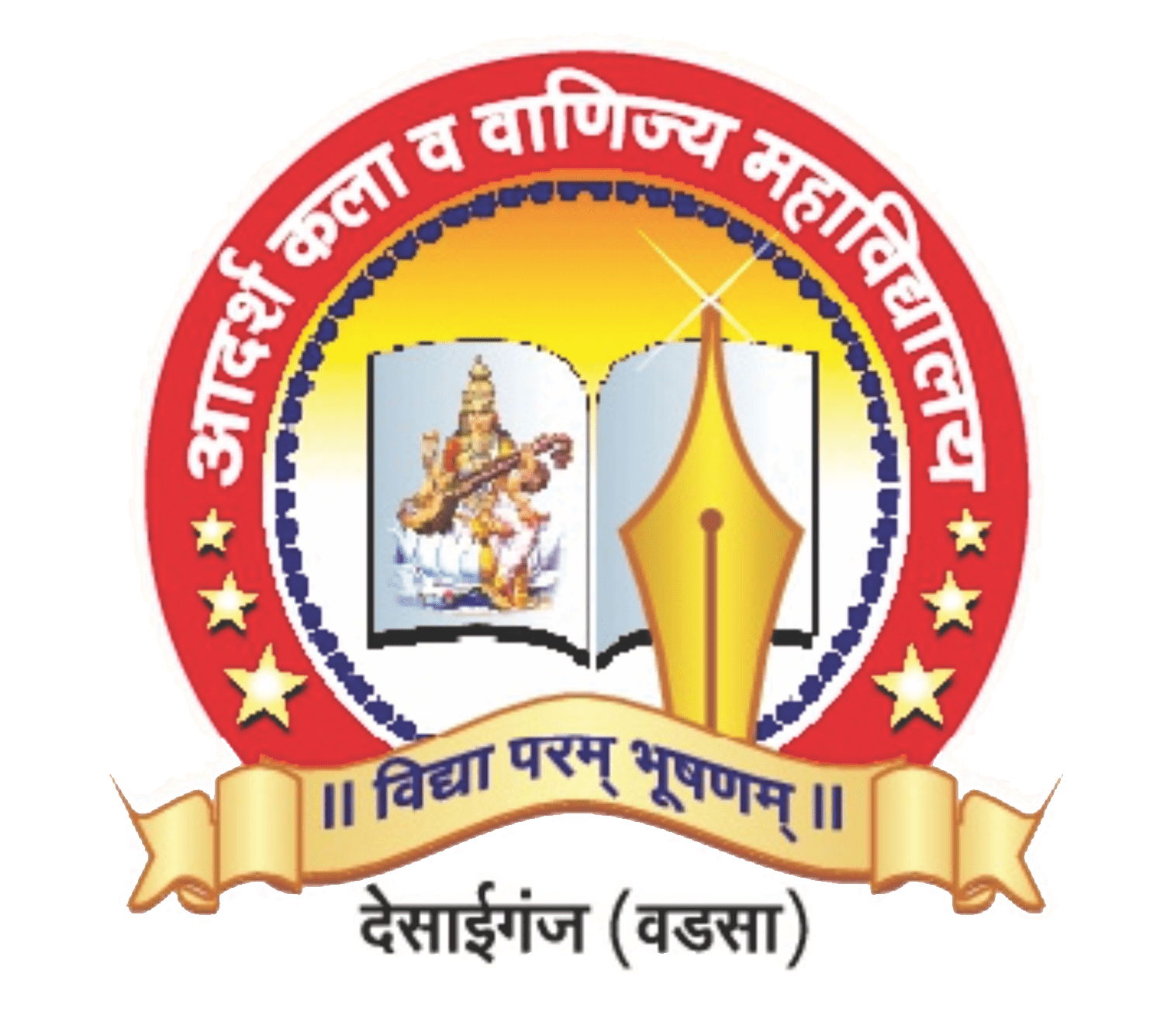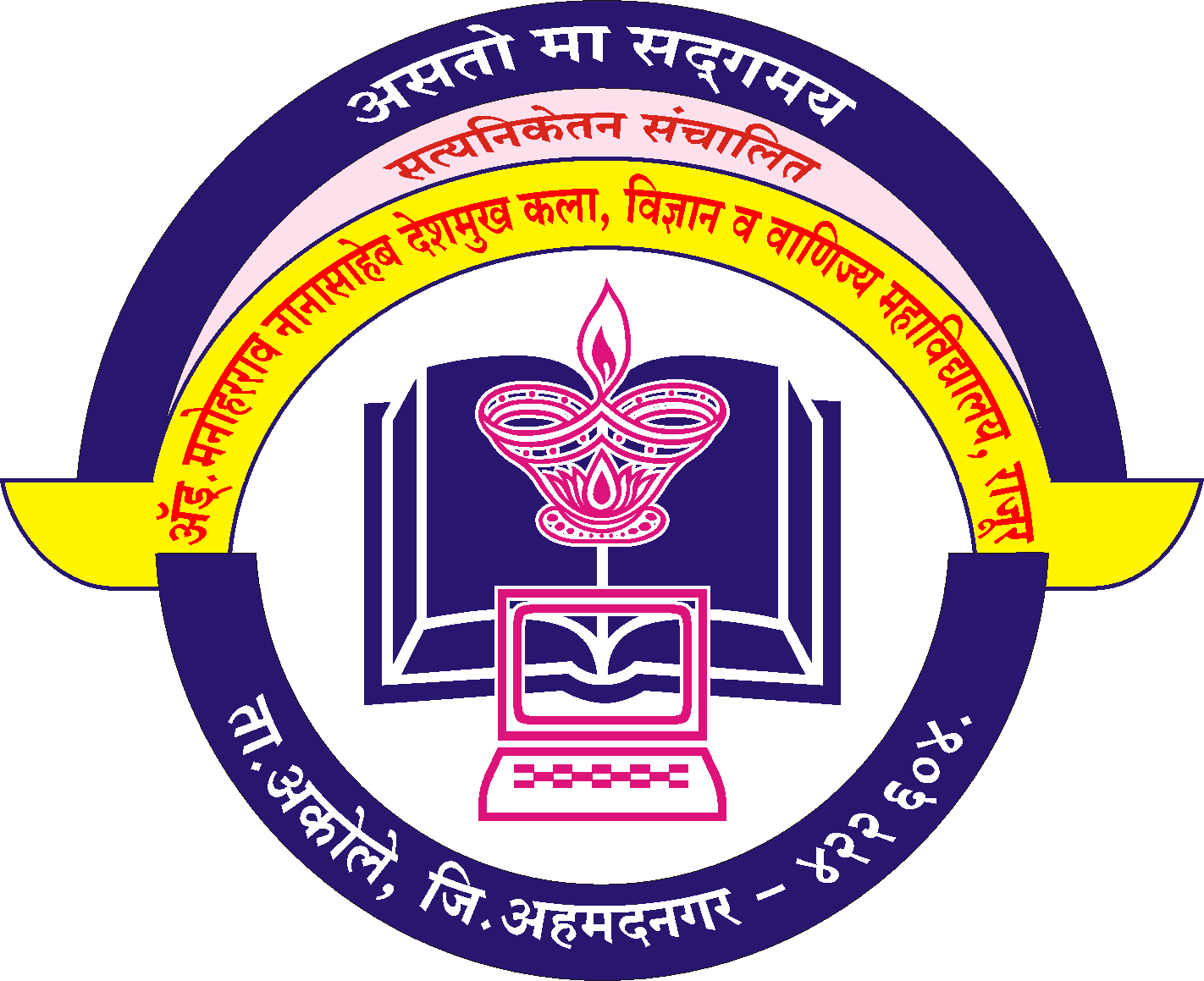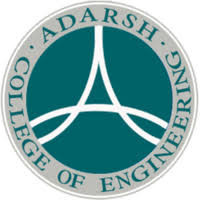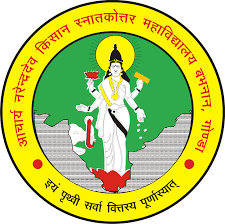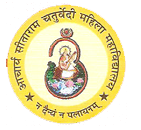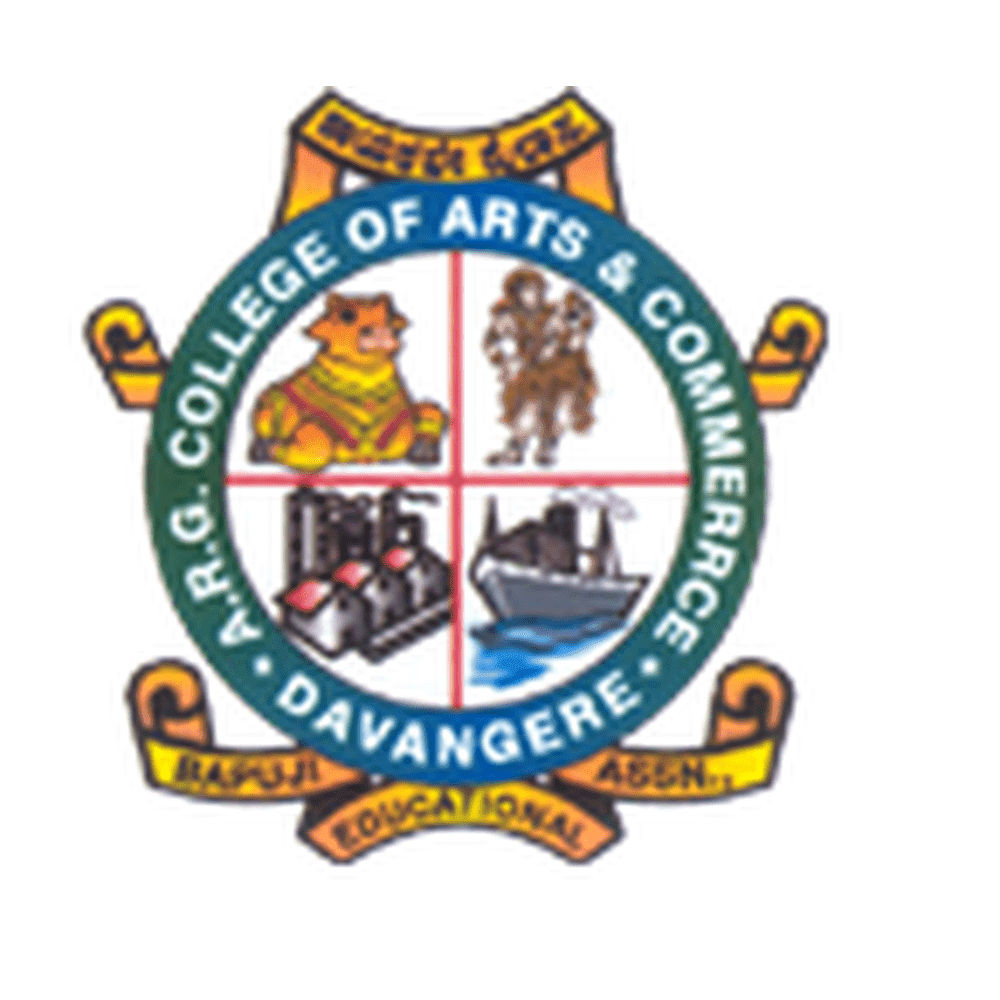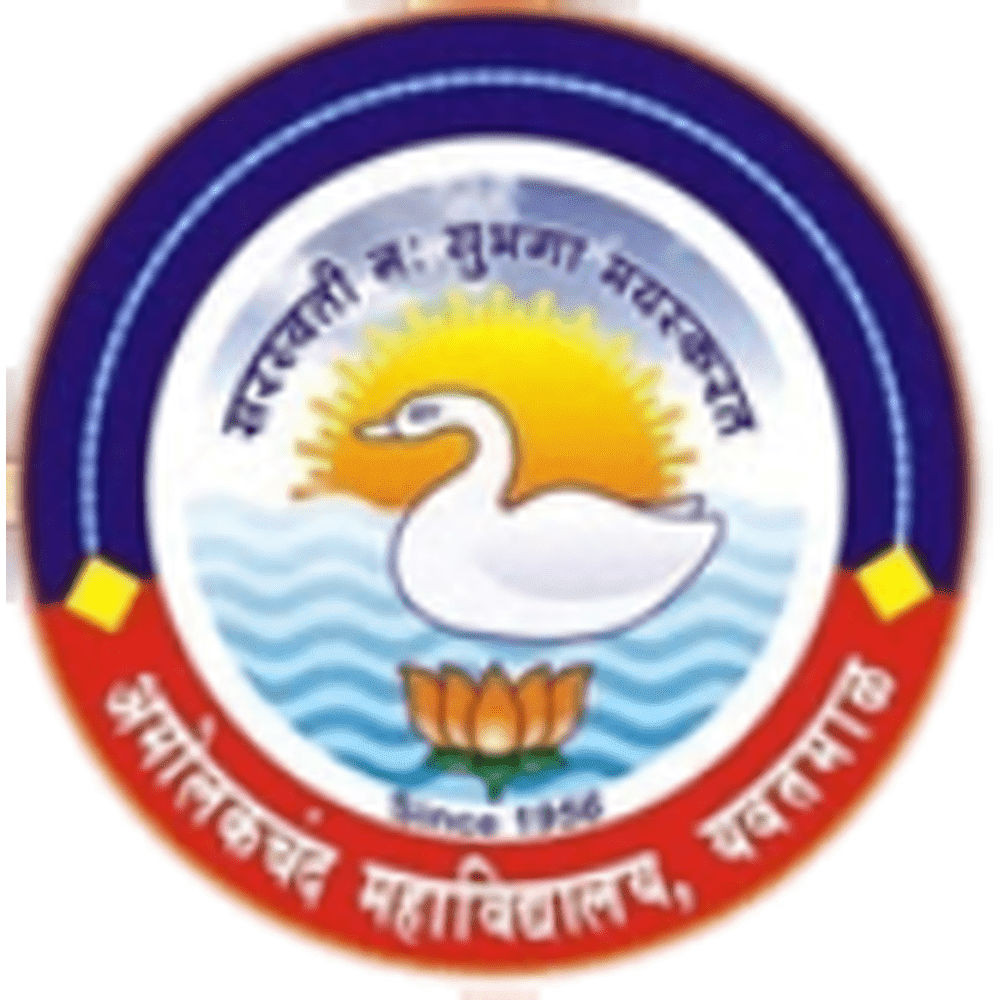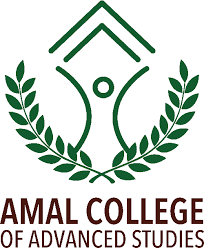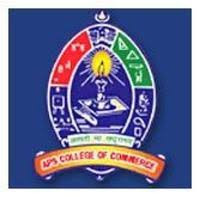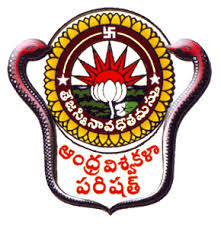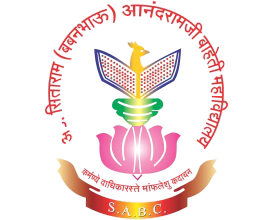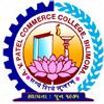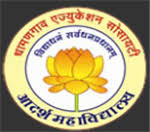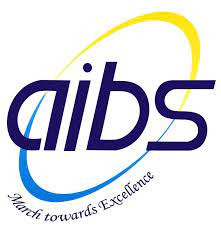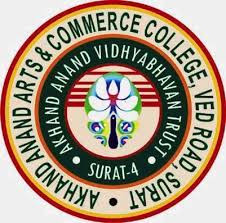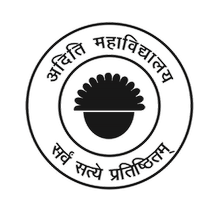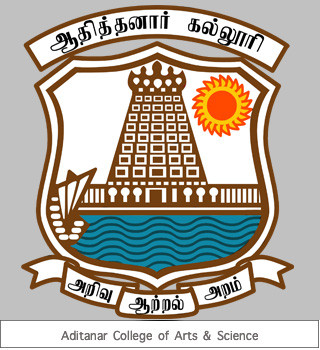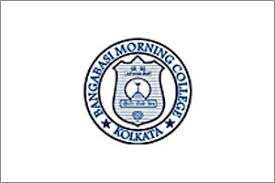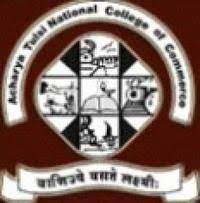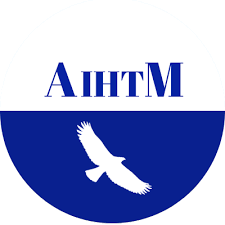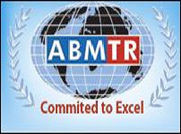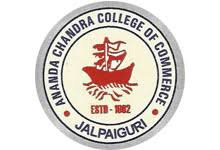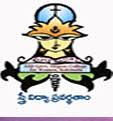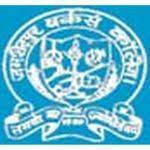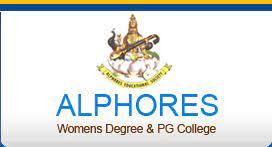Table of Contents
- Introduction to B.Com Course in India
- B.Com Course Highlights
- B.Com Course Eligibility
- B.Com Course Entrance Exams
- Top B.Com Colleges in India
- B.Com Course Syllabus
- B.Com Course Specialisation
- Best Major Subjects in B.Com Courses
- B.Com Course Admission Process
- Distance B.Com Course
- Eligibility Criteria for Distance B.Com Programme
- Admission Process for Distance B.Com Courses
- Part-Time B.Com Course
- Eligibility Criteria for Part-Time B.Com Programme
- Admission Process for Part-Time B.Com Courses
- Online B.Com Course
- Eligibility Criteria for Online B.Com Programme
- Admission Process for Online B.Com Courses
- Post Graduation After B.Com in India
- Part-Time Jobs for Students in India
- B.Com Placement Records & Top Recruiters in India
- B.Com Course Job Profiles
- Top Companies Who Hire B.Com Graduates in India
- Scope of B.Com Graduates in India
- FAQs
Introduction to B.Com Course in India
B.Com, or Bachelor of Commerce, is a popular undergraduate degree in India, focusing on commerce, finance, and business management. It equips students with accounting, economics, business law, taxation, and auditing knowledge, preparing them for banking, finance, marketing, and corporate management careers. Top colleges like Shri Ram College of Commerce - Delhi, Christ University- Bangalore, and Narsee Monjee College - Mumbai offer B.Com programs. Graduates often secure placements in reputed firms, earning starting salaries between Rs 3.00 - Rs 8.00 LPA, depending on their specialisation and skills. B.Com is a solid foundation for further studies like M.Com, MBA, CA, or CFA.
B.Com Course Highlights
|
Category |
Details |
|
B.Com Full Form |
Bachelor of Commerce |
|
B.Com Course Level |
Undergraduate |
|
B.Com Course Duration |
3 - 4 Year (may vary) |
|
B.Com Course Education Mode |
Full-Time, Distance, Part-Time, Online |
|
B.Com Course Eligibility Criteria |
10+2 or equivalent from a recognised board with minimum 55% marks |
|
B.Com Course Admission Process |
Merit and entrance exam scores |
|
B.Com Course Entrance Exams |
IPU CET, CUET UG, Christ University Entrance Test, DUET and more. |
|
B.Com Course Average Fees |
Rs 3,000 - Rs 3.50 Lakhs |
|
B.Com Course Job Profiles |
Accountant, Financial Analyst, Chartered Accountant, Investment Banker, Tax Consultant, Auditor, and more. |
|
B.Com Course Average Salary |
Rs 3.60 - Rs 5.00 LPA
|
B.Com Course Eligibility
- Candidates have to complete 12th or equivalent in Commerce stream.
- Candidates should have 55% minimum marks in 12th or equivalent.
- Candidates might have to appear for the entrance exams depending on the institute.
B.Com Course Entrance Exams
- SET (Symbiosis Entrance Test)
- CUTE UG (Common University Entrance Test)
- St. Xavier's Entrance Test
- IPU CET (Indraprastha University Common Entrance Test)
Top B.Com Colleges in India
|
Institute Name |
Average B.Com Fees |
Average Placement Package |
|
Shri Ram College of Commerce - New Delhi |
Rs 27,000 - Rs 50,000 |
Rs 8.00 - Rs 12.73 LPA |
|
Hindu College - New Delhi |
Rs 30,000 - Rs 45,000 |
Rs 6.00 - Rs 9.00 LPA |
|
Hansraj College - New Delhi |
Rs 25,000 - Rs 45,000 |
Rs 5.00 Rs 7.90 LPA |
|
Lady Shri Ram College for Women - New Delhi |
Rs 30,000 - Rs 45,000 |
Rs 7.50 - Rs 8.00 LPA |
|
Kirori Mal College - New Delhi |
Rs 25,000 - Rs 45,000 |
Rs 6.00 - Rs 7.00 LPA |
|
Loyola College - Chennai |
Rs 30,000 - Rs 50,000 |
Rs 5.00 - Rs 6.00 LPA |
|
Narsee Monjee College of Commerce and Economics - Mumbai |
Rs 12,000 - Rs 20,000 |
Rs 6.00 - Rs 9.00 LPA |
|
Atma Ram Sanatan Dharma College - New Delhi |
Rs 20,000 - Rs 40,000 |
Rs 5.00 - Rs 6.00 LPA |
|
Ramjas College - New Delhi |
Rs 15,000 - Rs 20,000 |
Rs 6.00 - Rs 8.00 LPA |
|
Madras Christian College - Chennai |
Rs 30,000 - Rs 50,000 |
Rs 5.00 - Rs 6.00 LPA |
|
Christ University - Bangalore |
Rs 70,000 - Rs 95,000 |
Rs 4.50 - Rs 6.00 LPA |
|
Sri Venkateswara College - New Delhi |
Rs 20,000 - Rs 25,000 |
Rs 5.00 - Rs 7.00 LPA |
|
St Joseph's College of Commerce - Bangalore |
Rs 90,000 - Rs 1.50 Lakhs |
Rs 4.50 - Rs 6.00 LPA |
|
Gargi College - New Delhi |
Rs 20,000 - Rs 40,000 |
Rs 4.00 - Rs 7.00 LPA |
|
Mithibai College of Arts, Chauhan Institute of Science and Amrutben Jivanlal College of Commerce and Economics - Mumbai |
Rs 40,000 - Rs 60,000 |
Rs 5.00 - Rs 6.00 LPA
|
**actual figure might differ**
B.Com Course Syllabus
The B.Com syllabus will vary from college to college, but the course aims and subjects shall remain the same. While pedagogy is the college's decision, the overall course curriculum is standardised for holistic education. Hence, the subject distribution over the syllabus may differ, but the study matter remains consistent. Nevertheless, candidates should check the official website to know the complete syllabus. Here is a general guide to the B.Com syllabus, as commonly followed by the colleges:
|
Semester 1 |
Semester 2 |
|
Environmental Studies |
Language: English/Hindi/Modern Indian Language |
|
Financial Accounting |
Business Law |
|
Business Organisation and Management |
Business Mathematics and Statistics |
|
English Language |
Hindi/ Modern Indian Language |
|
Semester 3 |
Semester 4 |
|
Company Law |
Business Communication (English/Hindi) |
|
Income Tax Law and Practice |
Corporate Accounting |
|
Hindi/ Modern Indian Language |
Cost Accounting |
|
Computer Applications in Business |
E-Commerce |
|
Semester 5 |
Semester 6 |
|
Human Resource Management |
Banking and Insurance |
|
Fundamentals of Financial Management |
Fundamentals of Investment |
|
Entrepreneurship |
Personal Selling and Salesmanship |
|
Principles of Micro Economics |
Indian Economy |
B.Com Course Specialisation
- Accounting and Finance
- Banking and Insurance
- Taxation
- Economics
- Financial Markets
- Business Analytics
- Investment Management
- Auditing
- International Business
- Corporate Law
- E-Commerce
- Entrepreneurship
- Risk Management
- Supply Chain Management
- Marketing Management
- Human Resource Management
- Tourism and Travel Management
- Information Technology
- Cost Accounting
- Export-Import Management
Best Major Subjects in B.Com Courses
- Accounting and Finance
- Taxation
- Banking and Insurance
- International Business
- Economics
- Business Analytics
- Corporate Law
- E-Commerce
- Auditing
- Marketing Management
- Human Resource Management
- Supply Chain Management
- Tourism and Travel Management
B.Com Course Admission Process
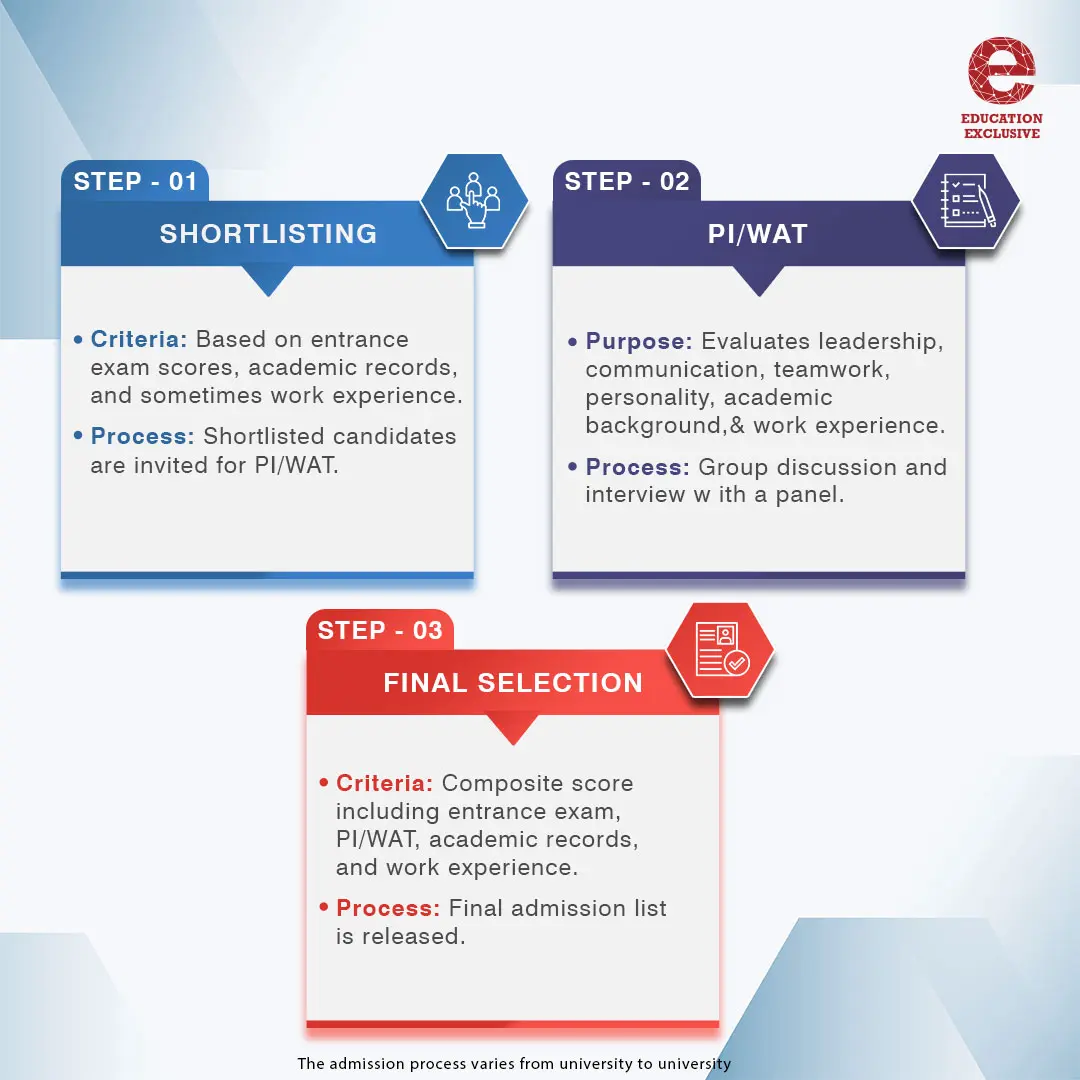
Distance B.Com Course
A Distance B.Com Course allows students to study the programme without attending regular on-campus classes. It enables quick learning, making it suitable for working professionals, homemakers, and people who cannot relocate to school. Unlike traditional courses, it is frequently more affordable and accessible, allowing students to mix education with other responsibilities. Furthermore, remote courses usually include digital materials and online interactions, promoting individual learning while adhering to academic norms.
Eligibility Criteria for Distance B.Com Programme
- Candidates have to complete 10+2 in commerce stream from a recognised institute.
- Candidates should have a minimum of 50% marks in their 10+2 exam.
- Depending on the institute, candidates might have to appear for the entrance exams.
Admission Process for Distance B.Com Courses
- Clear the university entrance exam.
- Complete the registration process.
- Upload all the required information and documents.
- Pay the admission fee after admission confirmation.
- You will receive the books via email or courier.
Part-Time B.Com Course
A Part-Time B.Com Course is an adaptable option for persons preoccupied with work, family, or other responsibilities to study the programme. Classes are typically held in the evenings or on weekends, making it more straightforward to accommodate a busy schedule. Unlike full-time courses, it allows you to learn and acquire a qualification without interrupting your other activities. It's an excellent choice for everyone who wants to study while managing their time wisely.
Eligibility Criteria for Part-Time B.Com Programme
- Candidates have to complete 10+2 in commerce stream from a recognised institute.
- Candidates should have a minimum of 50% marks in their 10+2 exam.
- Depending on the institute, candidates might have to appear for the entrance exams.
Admission Process for Part-Time B.Com Courses
- Clear the university entrance exam.
- Complete the registration process.
- Upload all the required information and documents.
- Pay the admission fee after admission confirmation.
- You will receive the books via email or courier.
Online B.Com Course
An online B.Com course allows you to study the programme from anywhere on the internet. Lessons, videos, and assignments may be accessed whenever you choose, making it ideal for those who are too busy or unable to attend conventional classes. It's adaptable, inexpensive, and lets you learn quickly while obtaining a recognised certificate. Online courses are ideal for balancing learning with employment or other responsibilities.
Eligibility Criteria for Online B.Com Programme
- Candidates have to complete 10+2 in Commerce stream from a recognised institute.
- Candidates should have a minimum of 50% marks in their 10+2 exam.
- Depending on the institute, candidates might have to appear for the entrance exams.
- There is no age limit in B.Com programmes.
Admission Process for Online B.Com Courses
- Complete the registration process.
- Upload all the required information and documents.
- Pay the admission fee after admission confirmation.
- Learn from recorded lectures and online classes.
Post Graduation After B.Com in India
After Completing B.Com, a person can apply for the Master of Commerce, Master of Business Administration or Post Graduate Diploma, here are the specialisations for
- Master of Commerce
- Bachelor of Education (B.Ed.)
- LLB (Bachelor of Legislative Law)
- Master of Business Administration (MBA)
- Post Graduate Diploma in Management (PGDM)
Part-Time Jobs for Students in India
- Retail Stores
- Restaurants and Cafes
- Call Centers
- Tutoring and Education
- Event Management Companies
- IT Companies and Startups
- Freelance Work
- Internships
- Delivery Services
B.Com Placement Records & Top Recruiters in India
|
Institute Name |
Average Placement Package |
Top Recruiters |
|
Shri Ram College of Commerce - New Delhi |
Rs 8.00 - Rs 12.73 LPA |
McKinsey & Co., BCG, Bank of America, Groww, A&W Capital |
|
Hindu College - New Delhi |
Rs 6.00 - Rs 9.00 LPA |
HSBC, Barclays, ICICI, Bain Capital, DeShaw |
|
Hansraj College - New Delhi |
Rs 5.00 Rs 7.90 LPA |
McKinsey, HUL, BCG, BlackStone, BlackRock |
|
Lady Shri Ram College for Women - New Delhi |
Rs 7.50 - Rs 8.00 LPA |
HSBC, BCG, PwC, Deloitte |
|
Kirori Mal College - New Delhi |
Rs 6.00 - Rs 7.00 LPA |
Amazon, Deloitte, KPMG, EY |
|
Loyola College - Chennai |
Rs 5.00 - Rs 6.00 LPA |
Cognizant, TCS, Wipro, Infosys |
|
Narsee Monjee College of Commerce and Economics - Mumbai |
Rs 6.00 - Rs 9.00 LPA |
ICICI Bank, Deloitte, EY, KPMG |
|
Atma Ram Sanatan Dharma College - New Delhi |
Rs 5.00 - Rs 6.00 LPA |
Infosys, TCS, Wipro |
|
Ramjas College - New Delhi |
Rs 6.00 - Rs 8.00 LPA |
Google, Deloitte, Cognizant |
|
Madras Christian College - Chennai |
Rs 5.00 - Rs 6.00 LPA |
Cognizant, Infosys, Accenture |
|
Christ University - Bangalore |
Rs 4.50 - Rs 6.00 LPA |
Deloitte, EY, Cognizant, KPMG |
|
Sri Venkateswara College - New Delhi |
Rs 5.00 - Rs 7.00 LPA |
Deloitte, KPMG, Infosys |
|
St Joseph's College of Commerce - Bangalore |
Rs 4.50 - Rs 6.00 LPA |
KPMG, Deloitte, EY |
|
Gargi College - New Delhi |
Rs 4.00 - Rs 7.00 LPA |
Deloitte, EY, ICICI Bank |
|
Mithibai College of Arts, Chauhan Institute of Science and Amrutben Jivanlal College of Commerce and Economics - Mumbai |
Rs 5.00 - Rs 6.00 LPA
|
Amazon, TCS, Deloitte
|
**the actual figures might differ**
B.Com Course Job Profiles
|
Job Profile |
Average Annual Salary |
|
Accountant |
Rs 3.00 - Rs 5.00 LPA |
|
Financial Analyst |
Rs 4.00 - Rs 8.00 LPA |
|
Chartered Accountant |
Rs 7.00 - Rs 15.00 LPA |
|
Investment Banker |
Rs 8.00 - Rs 20.00 LPA |
|
Tax Consultant |
Rs 5.00 - Rs 10.00 LPA |
|
Auditor |
Rs 4.00 - Rs 8.00 LPA |
|
Bank Manager |
Rs 6.00 - Rs 12.00 LPA |
|
Marketing Manager |
Rs 6.00 - Rs 12.00 LPA |
|
Human Resources Manager |
Rs 5.00 - Rs 10.00 LPA |
|
Business Development Executive |
Rs 3.00 - Rs 6.00 LPA |
|
Stock Broker |
Rs 4.00 - Rs 12.00 LPA |
|
Sales Manager |
Rs 5.00 - Rs 10.00 LPA |
**the actual figures might differ**
Top Companies Who Hire B.Com Graduates in India
Scope of B.Com Graduates in India
B.Com (Bachelor of Commerce) is one of the most sought-after undergraduate degrees in India. It offers a solid foundation in finance, accounting, taxation, and business management. With the country's growing economy and a surge in demand for skilled commerce professionals, B.Com graduates are well-positioned for successful careers.
Famous Alumni
- Deepak Parekh is chairman of HDFC and a pioneer in India's housing finance sector.
- Uday Kotak - Founder and CEO of Kotak Mahindra Bank, a top banking institution in India.
Placement Records for B.Com Graduates
- Placement Rate: 75-85% of B.Com graduates from leading institutions secure jobs in reputed companies.
- Top Recruiters: PwC, Deloitte, Ernst & Young, ICICI Bank, HDFC Bank, TCS, and Accenture.
- Salary Packages: Rs 3.00 LPA to Rs 8.00 LPA.
Diversity Among B.Com Students in India
Around 5-10% of the student population in reputed colleges comprises international students, fostering cross-cultural exchange and global exposure.
Top Companies Hiring B.Com Graduates
- Finance & Banking: ICICI Bank, HDFC Bank, Axis Bank, State Bank of India.
- Auditing & Consulting: Deloitte, KPMG, PwC, Ernst & Young.
- Corporate Sector: Tata Group, Reliance Industries, Aditya Birla Group.
- E-Commerce & Retail: Amazon, Flipkart, Myntra.
- Stock Markets & Investment Firms: Goldman Sachs, Morgan Stanley, Angel Broking.
- Technology & Analytics: Accenture, Infosys, Wipro, TCS.
FAQs
- What do you study in a B.Com course?
In a B.Com course, students study principles of accounting, finance, economics, business, law, and management. The course is designed to provide a comprehensive understanding of these subjects, preparing BCom graduates for diverse roles in the business and management fields. Apart from theoretical subjects, the course also emphasises soft skills such as critical thinking, problem-solving, leadership, and communication skills.
- What skills can I develop through the B.Com program?
The B.Com program helps students develop analytical skills, problem-solving abilities, communication skills, financial management skills, business acumen, and a deep understanding of commerce-related concepts.
- What are the eligibility criteria for B.Com admission?
To pursue a B.Com course, students must score at least 50% marks in their 10+2 with a Commerce stream. Top colleges and universities, such as DU, IPU, etc., offer B.Com Admissions based on entrance exams such as CUET and IPU CET, respectively.
- What is the scope for a B.Com graduate?
In terms of future scope, B.Com graduates have plenty of options. For instance, they can either work in MNCs and banks under fancy job designations or pursue their desired course, such as CA, CS, or MBA, to advance their academic journey.
- Can I do an MBA after B.Com?
Yes, MBA's basic eligibility is a bachelor's degree in any stream.

